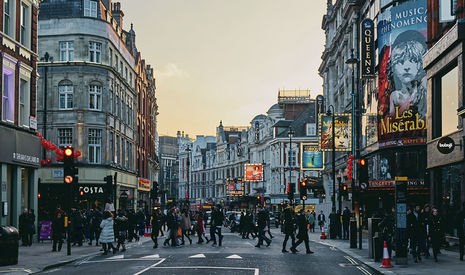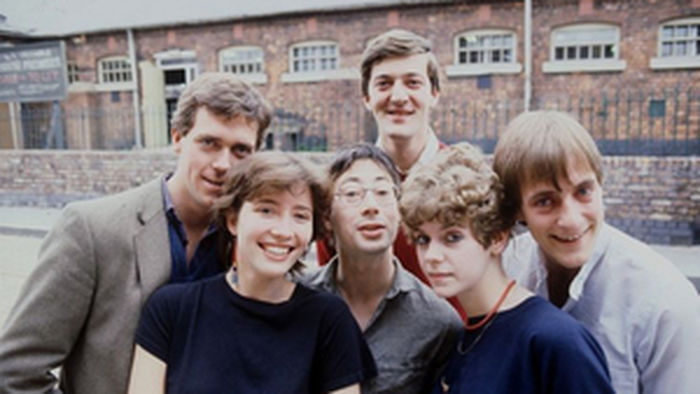The inaccessibility of the arts: Money, geography, and the West End
Facing soaring ticket prices, dwindling career opportunities, and the government’s war on humanities, breaking into the art world has never been more difficult.

London is an exciting place. There are hundreds of things to do, all packed tightly together, as if leaving room to breathe would be a tragic waste of space. Museums, parks, art galleries, bars, restaurants, and cinemas amiably greet any idle person, inviting them into a world of entertainment and opportunity, as unique and wide ranging as those who frequent it.
Then, there is the West End: an abundance of talent and glamour that represents some of the highest-quality theatre in the English-speaking world. It’s all there and you can easily go to see it… if you are willing to pay £50, minimum, for the privilege.
Like many things in London, the price of musical theatre is huge, often extortionate, and it is gradually increasing. According to the BBC, the top theatre tickets have increased by 21% since before the pandemic, making this form of art something that, sadly, is not as open to everyone as the museums and galleries that also grace the city. Indeed, if you wish to witness Christine’s iconic solo in The Phantom of the Opera, or a powerful rendition of the popular Les Miserables number, ‘Look Down’, then you will have to pay through the teeth for the privilege. Ironic.
No one should have more right to culture than anyone else
Despite the price per head being so high, many actors are underpaid or fighting for jobs. During Covid, research by the Creative Industries Policy and Evidence Centre indicated that 55,000 jobs were lost in music, performance and visual arts since March 2020—a 30% decline. Now, more than ever, the arts are struggling, and increasing ticket prices is hurting, not helping.
This is indicative of the attitudes that are prevalent in the artistic sector today. The price of access is increasing and breaking into the industry is harder than ever. Art has always seemed to many to be an unstable, risky thing to pursue. Indeed, an abundance of self-funding, or even a trust fund from mum and dad, can seem like necessary prerequisites for studying theatre. Art has often been presented as the privilege of affluent society, but no one should have more right to culture than anyone else. Now, since the Tories’ suggestions that funding cuts of 50% should be made to arts subjects at universities, pursuing a creative degree is a more challenging decision than ever. Giving up on your artistic dreams and turning to a career in cyber seems to be the order of the day, if the government is to be believed.
It is not just money that is a roadblock for theatre. Growing up in the North-east, the world of the West End felt unbelievably far away. While occasionally a play would grace the stage of the Sunderland Empire or appear in a theatre in Newcastle, they have never seen the abundance of rich theatre culture that is available in London. And, for anyone hoping to break into performing, there is only one place to go. So, while the culture of London is something that is, and should be, celebrated, its inaccessibility must also be acknowledged.
The ability to be inspired by plays, to study drama, or music, is being curtailed by money, geography, and a lack of understanding of just how valuable art is to society. Talent and passion for theatre are going undiscovered due to circumstance, and that is truly tragic.
 Features / Should I stay or should I go? Cambridge students and alumni reflect on how their memories stay with them15 December 2025
Features / Should I stay or should I go? Cambridge students and alumni reflect on how their memories stay with them15 December 2025 News / Cambridge study finds students learn better with notes than AI13 December 2025
News / Cambridge study finds students learn better with notes than AI13 December 2025 News / Dons warn PM about Vet School closure16 December 2025
News / Dons warn PM about Vet School closure16 December 2025 News / News In Brief: Michaelmas marriages, monogamous mammals, and messaging manipulation15 December 2025
News / News In Brief: Michaelmas marriages, monogamous mammals, and messaging manipulation15 December 2025 Comment / The magic of an eight-week term15 December 2025
Comment / The magic of an eight-week term15 December 2025









